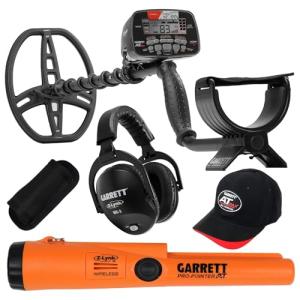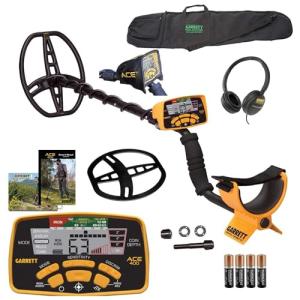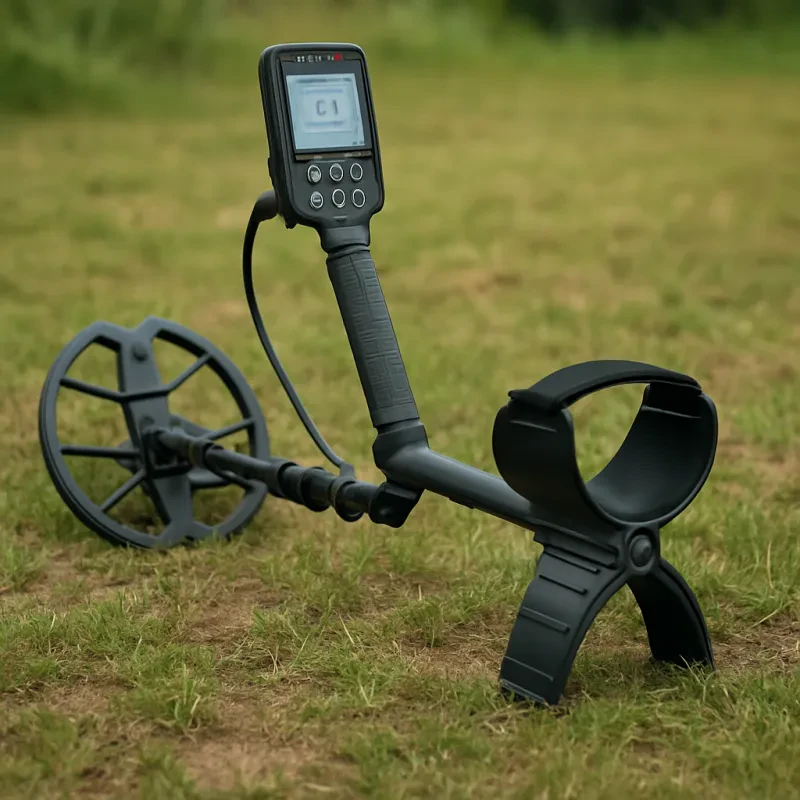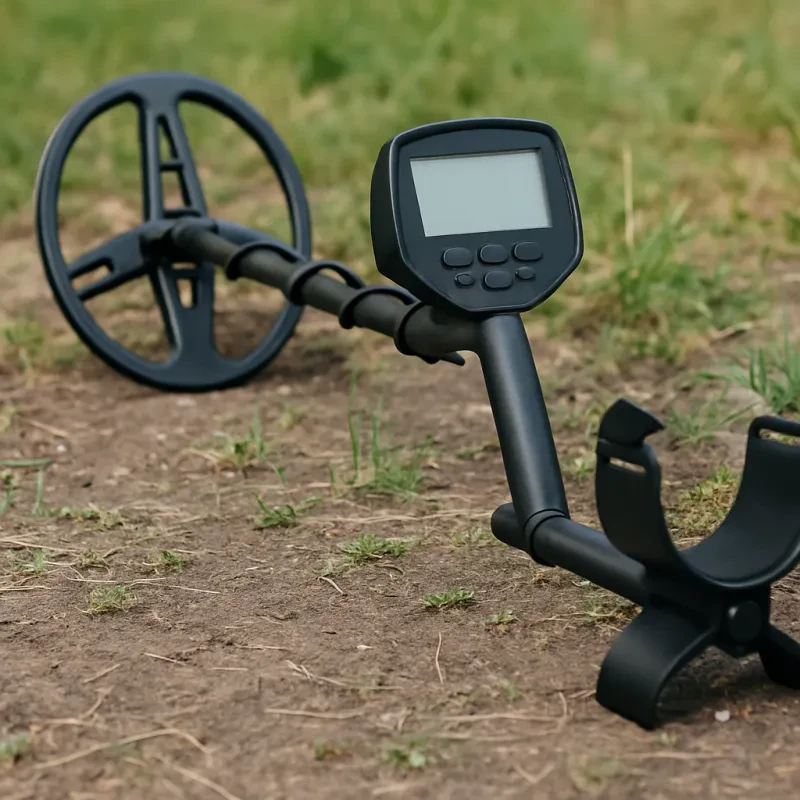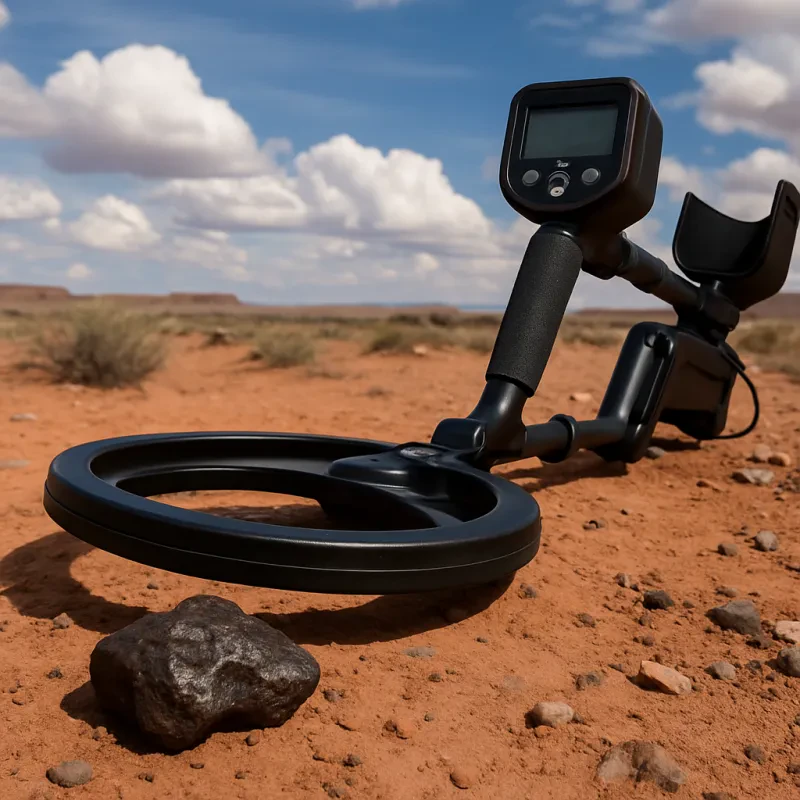Have you ever dreamt of unearthing hidden treasures right in your own backyard? With relic metal detecting, that dream can become a reality! You’d be surprised at the historical finds just waiting to be discovered beneath your feet. Whether you're a seasoned treasure hunter or a curious beginner, there's something special about the thrill of the hunt.
Before you dive in, it’s smart to familiarize yourself with the basics of relic metal detecting. Start by choosing a good-quality metal detector suited for relic hunting. Look for features like target ID, discriminating capabilities, and a comfortable design. This way, you’ll have the tools you need to locate items like old coins, buttons, and even forgotten antiques from days gone by.
When you're ready to start searching, think about the best spots to dig. Backyards, parks, and even old battlefields can be goldmines for relics. Areas near historical landmarks or places where people gathered are often great bets. Don’t forget to get permission if you’re scanning on someone else’s property!
As you hunt, keep an eye out for the unique signals your detector gives off. Each beep could mean a hidden treasure just waiting to be unearthed. Be patient and enjoy the process! Sometimes, it's not just about what you find, but the adventures and stories that come from your time spent exploring.
Tips for Choosing the Right Metal Detector
Choosing the right metal detector for relic metal detecting can be a bit overwhelming, especially with so many options out there. But don’t worry, I’m here to help you navigate through the choices! First things first, think about what you’ll be searching for. Are you after coins, jewelry, or maybe some historical artifacts? Knowing your target can help narrow down your options.
Next, consider the depth and type of ground you’ll be detecting in. If you plan to search in rocky or mineralized soil, look for a detector that’s equipped to handle those conditions. Some models do better in certain terrains than others, so always check the features. If you aim to do a lot of relic metal detecting in various environments, you might want a detector that offers multiple settings and modes.
Weight and ergonomics matter too! If you’re going to be hunting for hours, you want something that’s comfortable to hold. Look for lightweight models or those with adjustable shafts. A comfortable grip can make a big difference during long sessions out in the field.
Also, think about the technology. There are older models that use basic analog technology and newer digital options that offer enhanced features. Generally, digital detectors tend to be more sensitive and give you more info on what you’re finding, which can be a real advantage for relic metal detecting.
Lastly, set a budget. While it might be tempting to go for the fanciest model, there are plenty of great detectors at various price points. Make sure to read reviews and seek opinions from fellow treasure hunters to find a reliable option that fits your needs and budget. Happy hunting!
Best Places to Go Metal Detecting
Metal detecting is not just a hobby; it's a thrilling adventure where you can uncover pieces of history. If you're into relic metal detecting, you’ll want to know the best spots to make your treasure hunting dreams come true. Here are some top places to consider:
Remember, the thrill of finding something unexpected is what makes relic metal detecting so exciting. Always respect the land and the rules, and you’ll have a great time exploring these amazing spots!
Preserving Your Finds for Future Generations
Once you've unearthed some amazing treasures through relic metal detecting, you'll want to make sure they stand the test of time. Preserving your finds is essential not just for your own enjoyment but also for sharing these pieces of history with future generations. Proper care can keep your relics looking great and protect their value.
First off, it's important to clean your finds carefully. Depending on the material—whether it's metal, wood, or something else—each item requires a different approach. For metal relics, avoid harsh chemicals. Mild soap and water usually do the trick. Just be gentle and don’t scrub too hard; you want to keep the details visible!
Once your items are clean, think about how you’ll store them. A dedicated display case can not only protect your artifacts from dust and damage but also let you admire them daily. Use acid-free materials for any storage bags or boxes to prevent corrosion, especially for metal finds. You might also consider adding silica gel packs to absorb any moisture—keeping your treasures dry is key!
Finally, keep a record of where each item came from. This adds to the story behind your relics and helps anyone who views them understand their significance. Create a simple log that includes the location, date, and any interesting details you uncover about each item. This personal touch can make your collection even more meaningful, and with some care, you’ll be able to enjoy these pieces of history for years to come.

